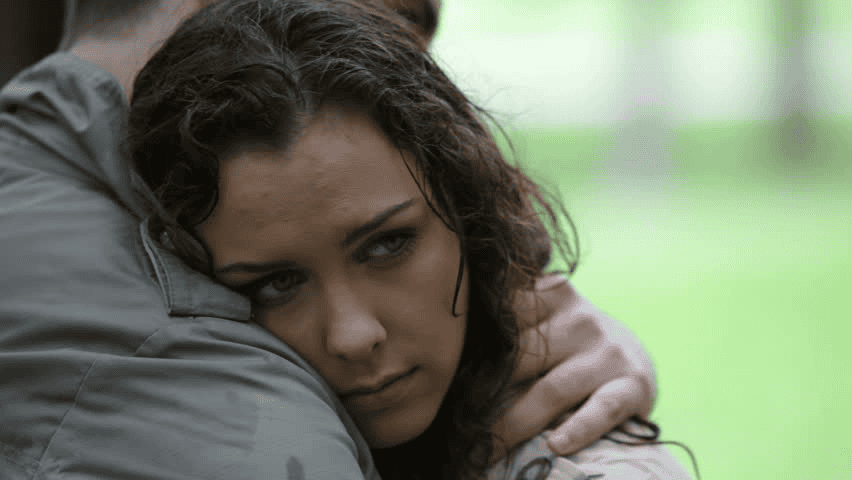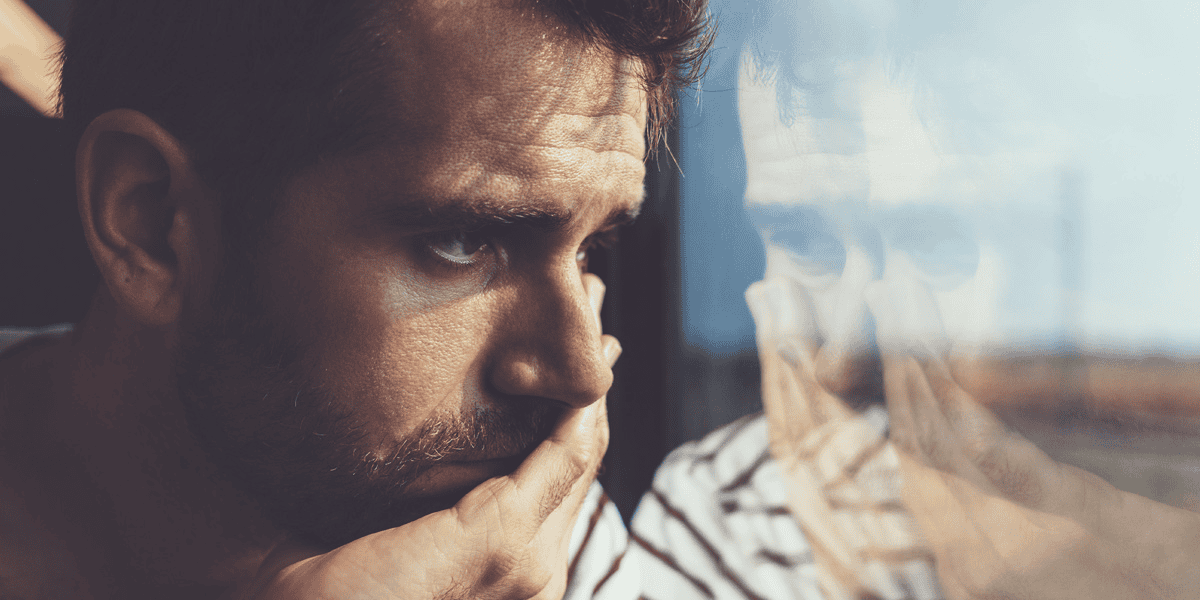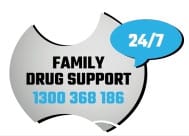Firstly, we want you to know that the support you provide your loved one truly DOES make a big difference. Just being there so they know they can turn to you for support gives them peace of mind – and whether they say it or not – they do appreciate it. It always helps to know someone is there, even if they don’t recognise it until later in their recovery. When your loved one is deep in the midst of crisis, their behaviour will be testing. They most likely cannot see through their struggle, their pain and self-recrimination to see that you’re hurting and suffering too. And you’re no doubt sacrificing a great deal on their behalf. Maintaining your calm and equilibrium can seem almost impossible at times.

It can become overwhelming if you think you’re obligated to the role of support person, or feel you cannot take a break. Especially when it comes to offering emotional support, it’s important to know that there are others who can support your loved one, not just you. There are professional therapists that can support them, other family members at times, close friends and community support groups. Reaching out and asking for help is not admitting failure. It is courageous and necessary.

Our programs are based on the highly effective holistic, integrative model. It’s an approach to mental health which acknowledges the connection between the mind, body and environment. Specifically it addresses the following influential aspects:
These areas are addressed holistically at Palladium Private. Attention and importance is placed on maintaining and creating new avenues for extending coping skills and connections upon your loved one’s return home.
For more detailed information about our approach you can visit Our Program or Mental Health Treatment pages.
As each client has their own tailored treatment plan, no two clients will receive the same set of tools to addess their issues. However, there are some foundational practices and principles that all clients will have learnt during their stay at Palladium Private. The means of support we explain below are to aid in the maintenance of your loved one’s wellbeing after completing their program and reintegrating back into home life.
The first way you can support is by encouraging them to make contact with their retreat therapist and actively participate in their Aftercare Plan. At Palladium Private, we do not consider the program complete once the client has left the retreat. The residential stay is a critical foundation of their treatment – but the first couple of weeks post-stay is very important in integrating their learnings. Most psychological treatment plans are at least 3-6 months long and many are ongoing. Your loved one’s residential program at Palladium Private is an intensive condensation of multi-modality therapies in a very short period of time compared to regular therapy. Hopefully they will be excited to implement their new learnings, strategies and coping tools, and you can help them by maintaining that momentum.
They will need support learning to use their new tools when challenging situations arise and triggers are experienced once they’ve returned home. Chances are they they will slip back into some old patterns of behaviour. Changing behaviours is often two steps forward, one step backwards. They are still moving forward and it is important to focus on the positive when supporting them and encouraging them to engage the support of their therapist when they are triggered into old patterns.
For a complete list of the aftercare support and resources that Palladium Private offers, please visit the Our Program page and scroll down to the Aftercare Program section.

To take the first step towards a better life for both of you, please make the call to one of our Intake Team on 1300 293 206. They will listen to your loved ones particular situation and ask a range of screening questions, then tailor a program and quote to suit their needs. Or if you prefer, fill in your details on our online enquiry form and we will get back to you as soon as possible. Please note, we limit guest numbers to a maximum of 18 to best facilitate group therapies and create a close-knit community feel throughout each guests stay. There are certain conditions/histories we do not treat and our Intake Team will identify these during the screening process. This is to ensure maximum effectiveness of our program and cohesion within the group
In the interim, we invite you to download our Support Person Guidebook. We’ve put together some support tips for those looking for guidance on how to best take care of their loved one experiencing serious mental health or dependency issues.
NEED IMMEDIATE SUPPORT IF YOUR LOVED ONE IS ABUSING SUBSTANCES?
Family Drug Support is an amazing organisation offering free 24/7 phone support for people enduring the chaos of a loved one’s addiction to drugs or alcohol. They also run monthly in-person and online support meetings all around Australia, as well as one-day and four-day courses to give you the framework and supports needed to survive the destructive toll of addiction on parents, siblings and friends.

F A C I L I T I E S & S E R V I C E S N O T I C E